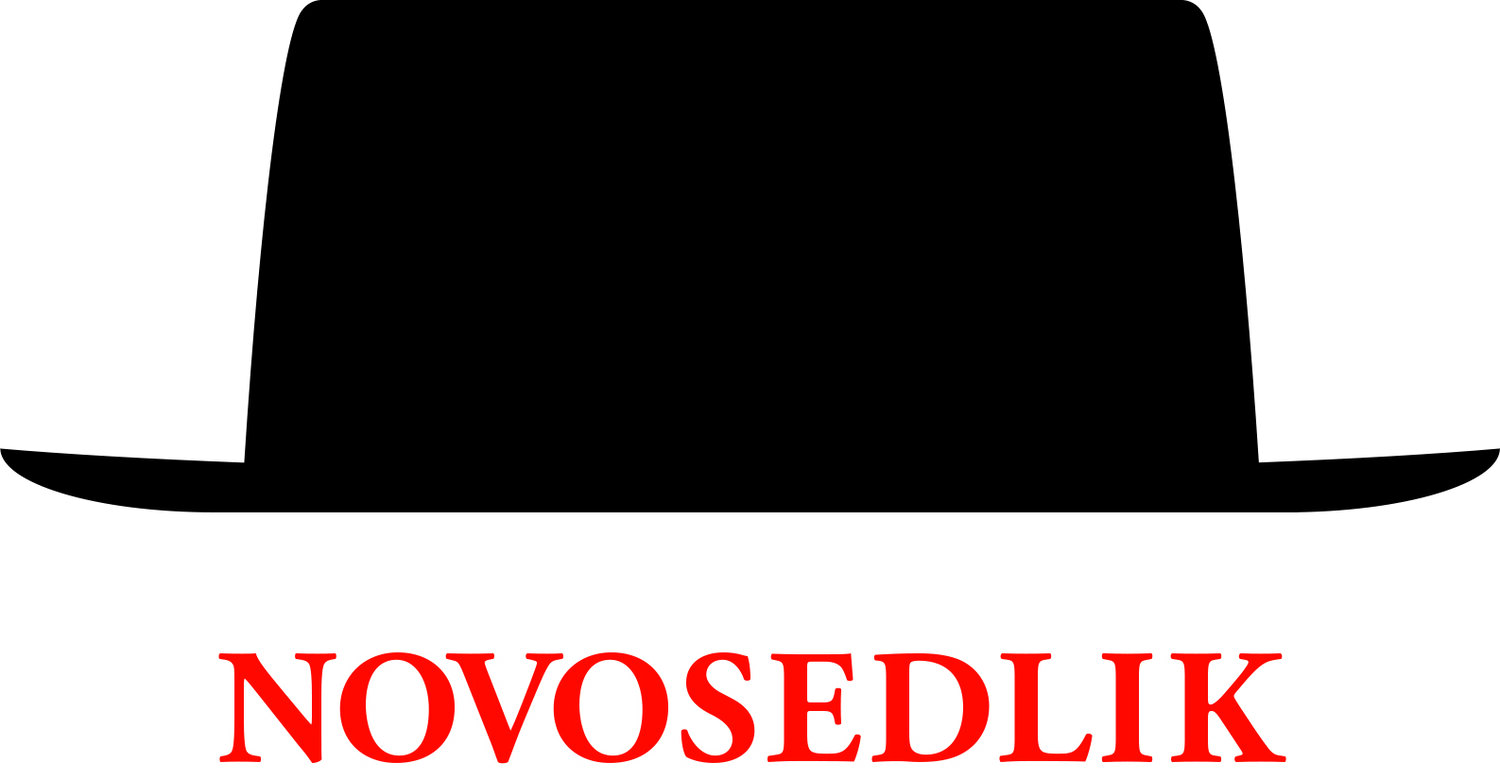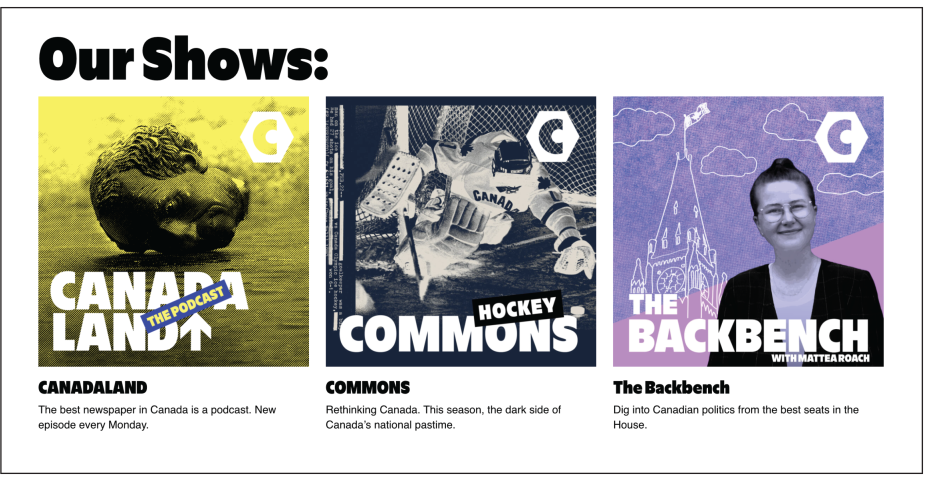No News is Bad News
John Heartfield’s famous 1930s critique of press censorship in Nazi Germany
Originally published in Applied Arts Magazine, September 2023
In a recent interview on CBC radio, science fiction writer and digital activist Cory Doctorow defined the internet as “5 giant websites filled with screenshots of text from the other four”.
It’s not news that Meta and Google have devoured the news business. Almost 500 Canadian news outlets have evaporated since 2008 as the web giants have hoovered up all their ad revenue (about $7 billion since 2012). A July Angus Reid report found that most Canadians under the age of 64 get their news from Facebook and Reddit.
In an emailed plea from independent newspaper The Breach, it was noted that “Canadians’ access to information has diminished, local governments have lost their watchdogs, and hundreds of journalists have been thrown out of work.”
In an effort to keep Canadian news from totally evaporating, the federal government has passed the Online News Act, which requires Meta and Google to pay Canadian media for making the latter’s content available on their massive platforms. Sandbox bully Meta immediately began blocking Canadian news from its platform, with Google threatening to do the same. Bell Media and a gaggle of other media companies shot back by withdrawing their advertising from the Meta platform.
What do news-consuming Canadians think about this pissing war? Opinions are split. According to Angus Reid, 82% of Canadians think too few companies have too much power over the Internet, but only 61% agree in principle with Ottawa’s response. And just about as many (63%) worry about losing access to Canadian news on Facebook and Google. So when it comes to what to do about it, 49% say the feds should relent, 26% say they should stand their ground and 25% can’t decide.
That sounds like Canada.
The Canadian newspaper industry is no stranger to monopolization. For example, of the country’s 77 major dailies, Postmedia owns 34, including major banners like the Vancouver Sun, The National Post and the Montreal Gazette. And it’s no secret that when the news gets more corporate and ownership more concentrated, editorial quality takes a back seat to ad revenue and corporate interests. You don’t want to upset your advertisers or piss off your shareholders.
So what’s a truth-seeking Canadian news consumer to do?
Support independent journalism with everything you’ve got. Or at least with your eyeballs and what’s in your wallet.
One of the positive outcomes of MetaGoogle’s attack on Canadian media is the emergence of a true fifth estate of independent newspapers that is bravely publishing stories free of corporate control. They are all reader-funded, subscription and donation-based, free of ads, and progressive. And they are heroically keeping the tradition of critical journalism alive.
Here’s a quick overview of some of the leading players in Canada’s fifth estate:
The Breach describes itself as an independent media outlet producing critical journalism to help map out a just, viable future. It provides a platform for voices not found in the established media, and investigations, analysis and video content about the crises of racism, inequality, colonialism and climate breakdown. Currently there is a very good analysis of the C-18 debacle by Dru Oja Jay.
Canadaland is a news site/podcast network funded by its audience. It publishes news, opinion and analysis, with a focus on Canadian media, current affairs, and politics. Its podcasts are downloaded over 150,000 times per week. Bonus feature: biweekly podcast 'The Backbench’, hosted by the delightful Mattea Roach of Jeopardy fame.
The Narwhal: Ad-free, reader-funded, independent journalism with a strong focus on environmental issues. Key editorial themes include climate change, corporate influence, Indigenous rights, environmental law, forestry, oil sands and Ontario’s greenbelt, to name a few.. The publication also hires some very talented artists.
National Observer: This is one of the original digital news sites. It claims to have “led the digital re-invention of Canadian media, driven the national conversation on energy and climate change, and made history as the first all-digital publication to win a National Newspaper Award and a Michener Award citation.” It publishes investigative reporting, in-depth analysis, solutions journalism, multimedia features, opinion and daily news coverage.
Indigenous Watchdog:This publication describes itself as “a non-profit dedicated to monitoring and reporting on how reconciliation is advancing on the critical issues that are impacting the Indigenous world – including the Truth and Reconciliation Commission’s 94 Calls to Action.” Like any good watchdog, it carefully documents the progress of its subject with detailed analysis and data visualization.
The Maple: a reader-funded publication that “puts the working class first”. Because, as Noam Chomsky is so fond of saying, “we’re in a class war”. And he’s right. When the hedge funds own everything and rapaciously gather obscene amounts of wealth to themselves, sharp inequalities form along class lines. As has happened so often in the history of capitalism, you can only push the working class so far before resistance explodes onto the streets.
Ricochet: Ricochet calls itself “an audacious response to a difficult context.” On a mission to publish independent, public interest investigative journalism and incisive opinion, Ricochet “seeks to illuminate the cultural and political diversity within Canada”. Content is free and crowdfunded.
The Tyee: Fun fact: ‘tyee’ is a Chinook word drawn from the Nuu-chah-nulth language, which means ‘leader.’ Founded 20 years ago, based in and focused on BC issues, The Tyee is a leader in a province with a strong tradition of independent journalism.
The above is by no means a comprehensive list. The rise of public interest journalism addresses the widening gap created by the corporatization and monopolization of the news in Canada. It shines a light on the consequences of neoliberalism, in which the corporate class, with the tacit approval of the government, drains the resources of the middle class and defangs the government, pushing large numbers of people – in this case, journalists – into precarity, all in the interests of stifling competition, increasing profits and concentrating wealth at the top.
Long live public interest journalism. Give freely. Give often.









